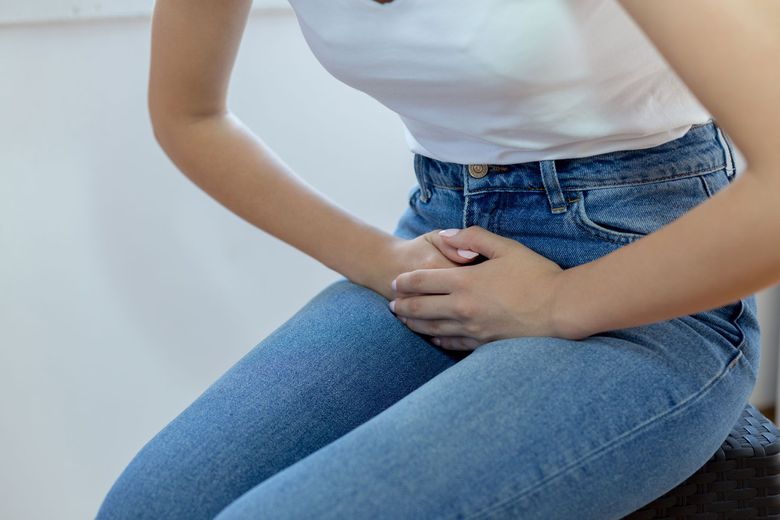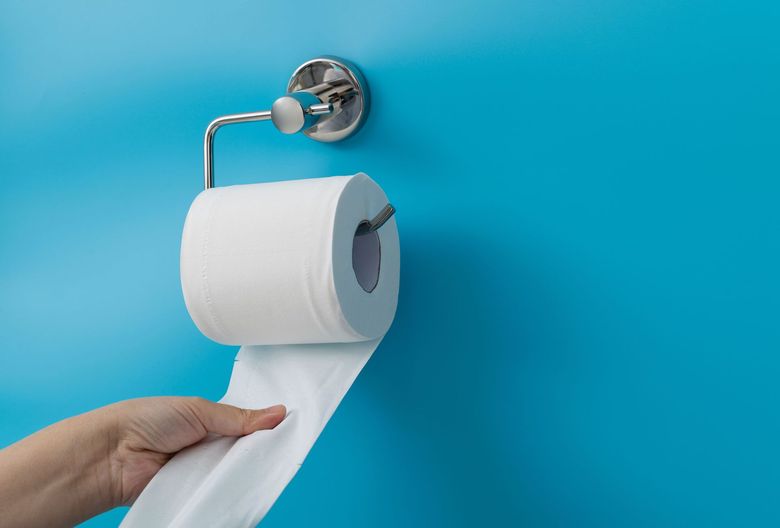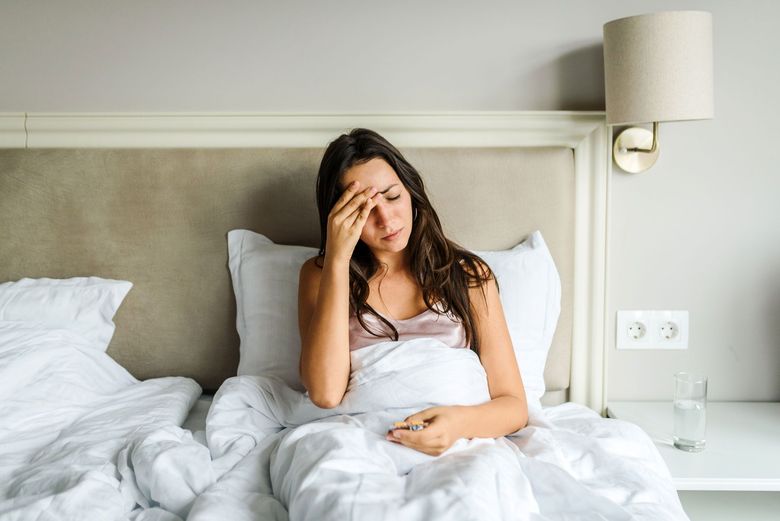About Cystitis
Cystitis is a urinary tract infection (UTI) that affects the bladder. It's common, particularly in women. It often gets better by itself, but may sometimes be treated with antibiotics.1
It’s important to seek advice from a healthcare professional if your symptoms do not improve.2
Women are much more likely than men to have cystitis, as the tube that carries urine from a woman's bladder (the urethra) is shorter and opens much nearer to the back passage (anus).3

Who does it affect?
About half of women have at least one bout of cystitis in their lives. One in three women will have had cystitis by the age of 24. Apart from being female, other things that make cystitis more likely include 3 :
- Being pregnant.
- Being sexually active.
- Using spermicide with contraception.
- Having had the menopause. The changes in the tissues of the vagina and urethra after menopause make it harder for them to defend against infection.
- Having diabetes mellitus.
- Having a catheter in your bladder.
- Having abnormalities in your kidneys, bladder or urinary system.
- Having an immune system which is not working well (for example, due to AIDS or medication which suppresses the immune system).
Symptoms of cystitis2
See a GP if you have symptoms of cystitis and you are a child, pregnant or you are a man.
Symptoms of cystitis in adults include:
- pain, burning or stinging when you pee
- needing to pee more often and urgently than normal
- feeling like you need to pee again soon after going to the toilet
- pee that’s dark, cloudy or strong-smelling
- pain low down in your tummy
- feeling generally unwell, achy, sick and tired
- blood in your urine
In adults, cystitis doesn’t usually cause a high temperature (fever). If you have a temperature of 38C (100.4F) or above and pain in your lower back or sides, it may be a sign of a kidney infection.

Symptoms of cystitis2
Symptoms of cystitis in children include:
- a high temperature (fever) of 38C (100.4F) or above
- weakness and tiredness
- irritability
- reduced appetite
- vomiting
Children with cystitis can sometimes also have symptoms usually found in adults. This can include things like pain when peeing, peeing more often than normal, and pain in their tummy.
When to seek medical advice:
Click here to be redirected to the NHS Website for further guidance
Date of Prep: June 2025 | Approval Code: EFF/25/05


